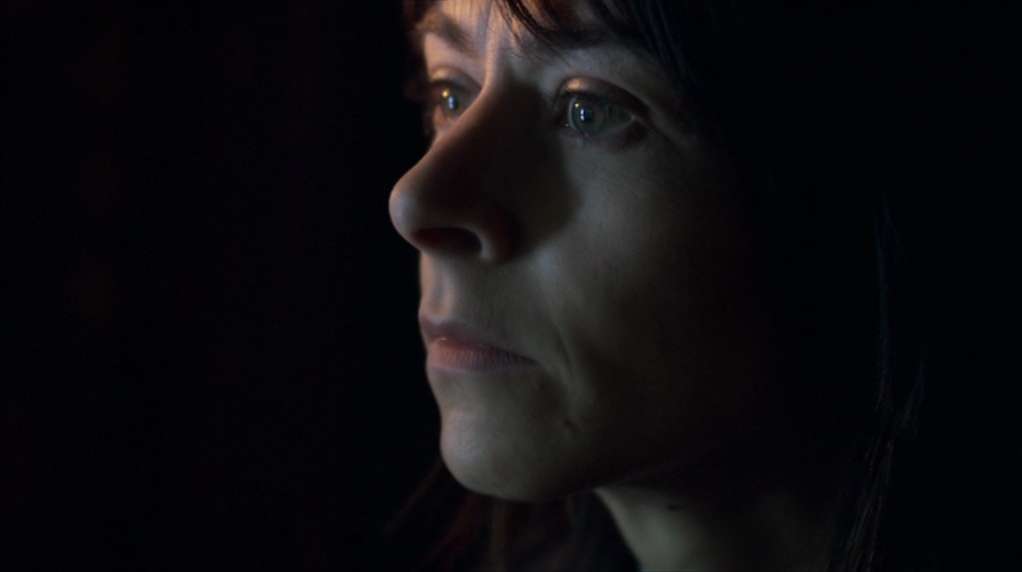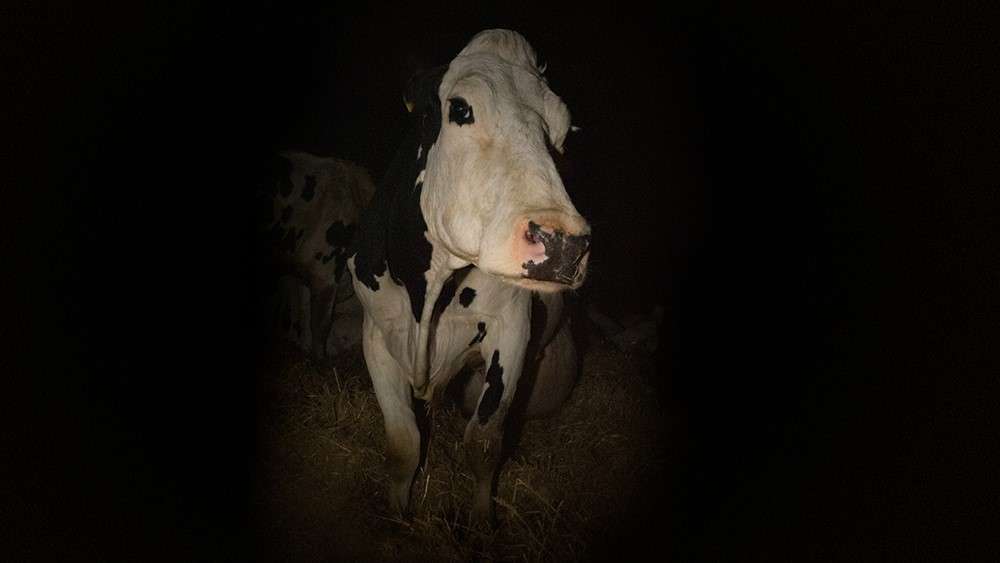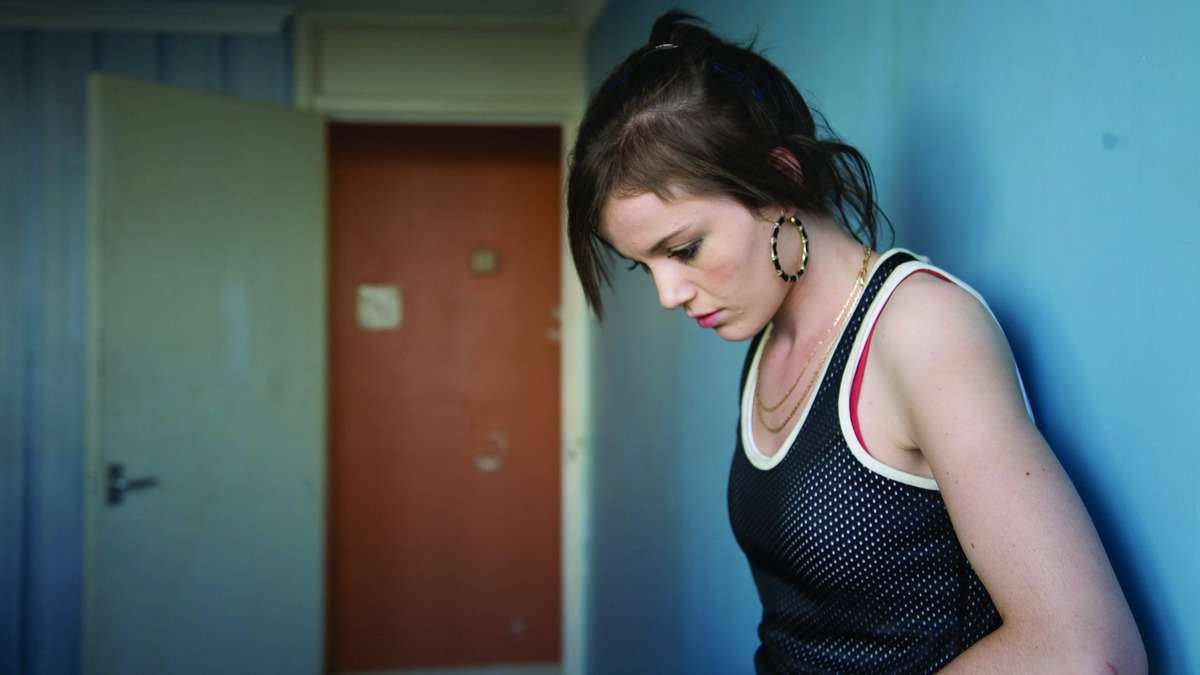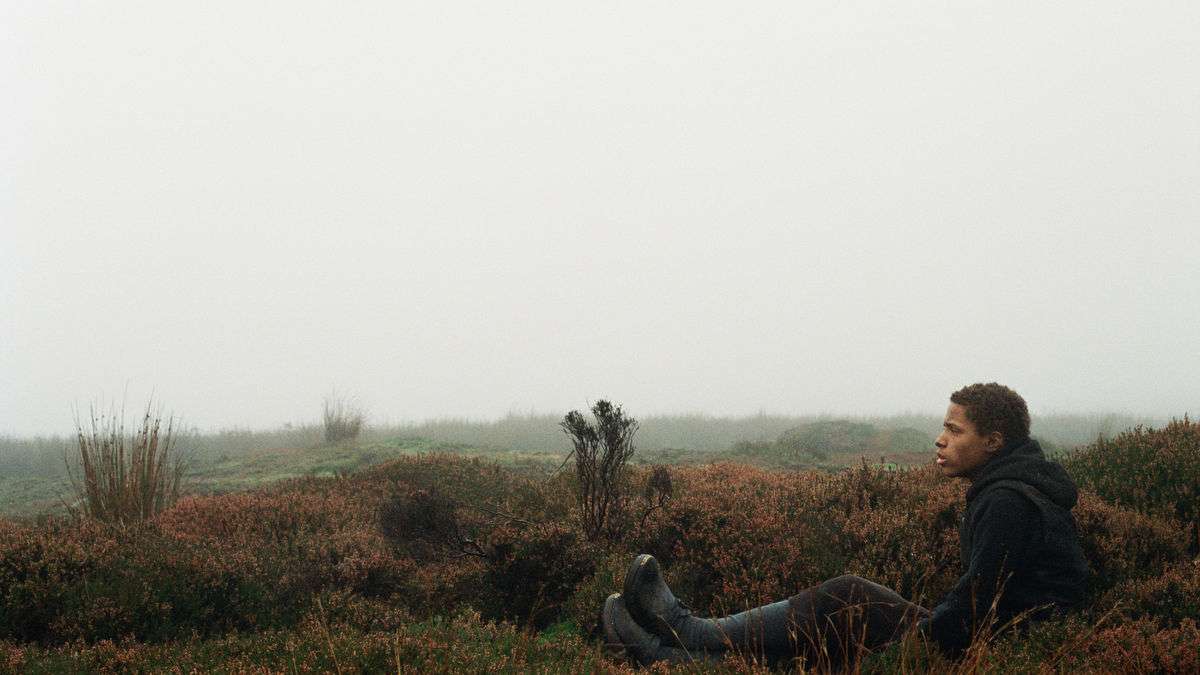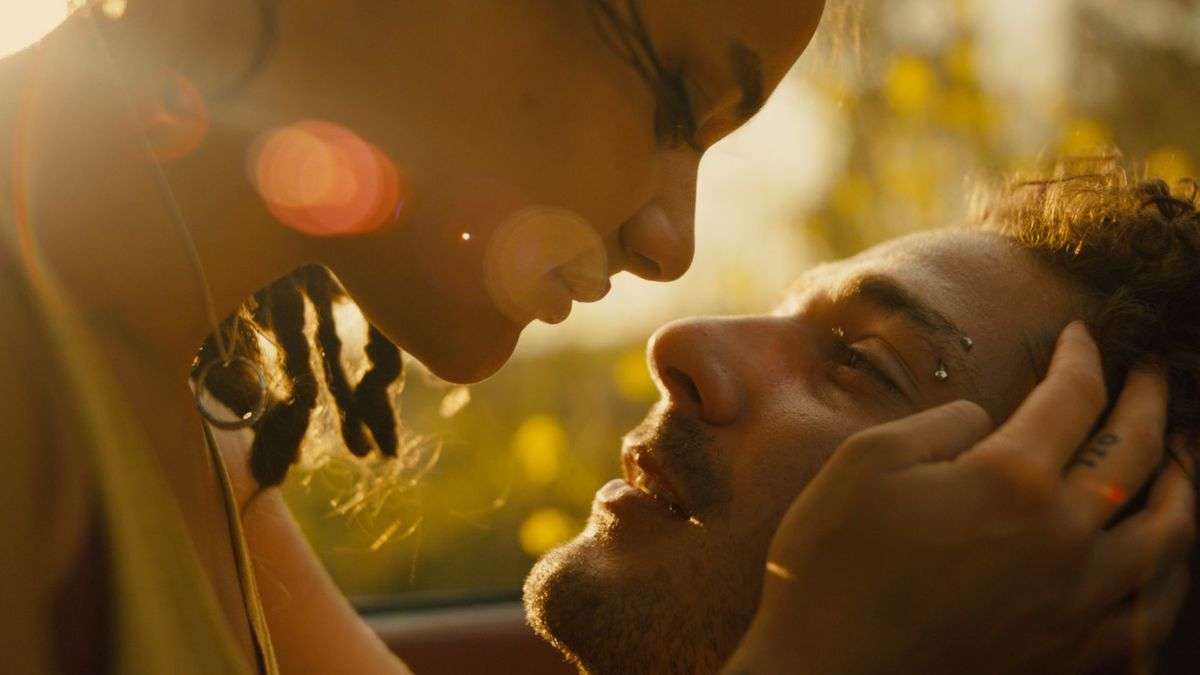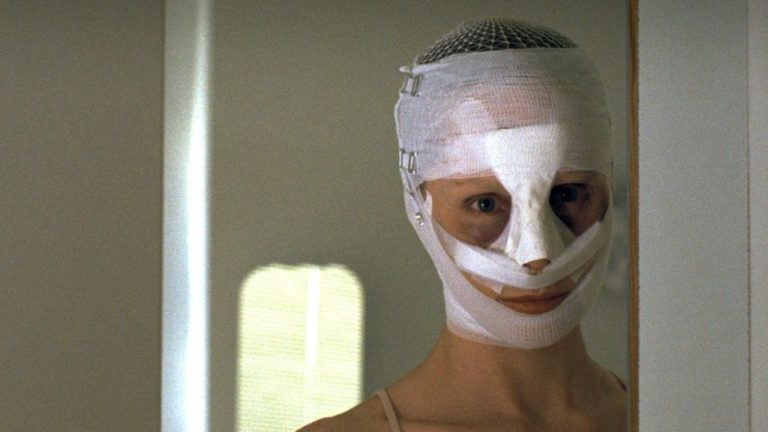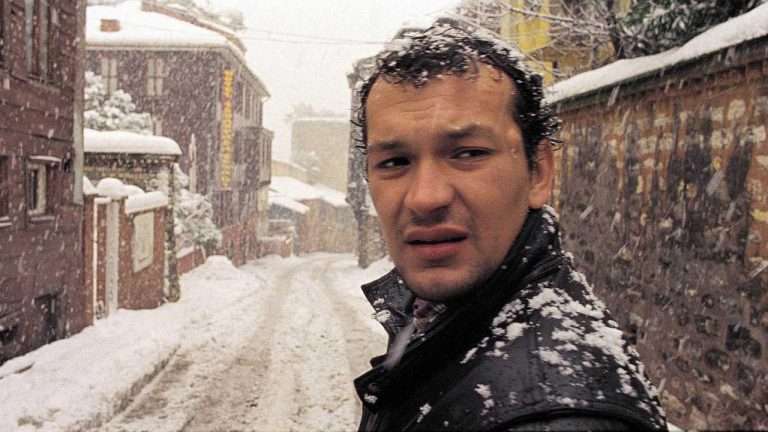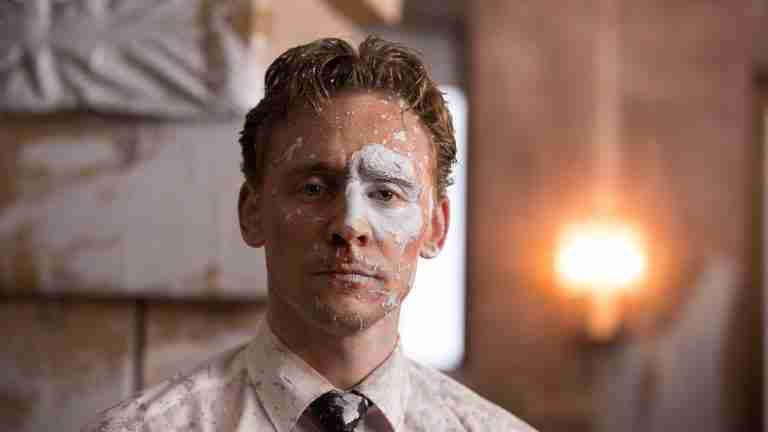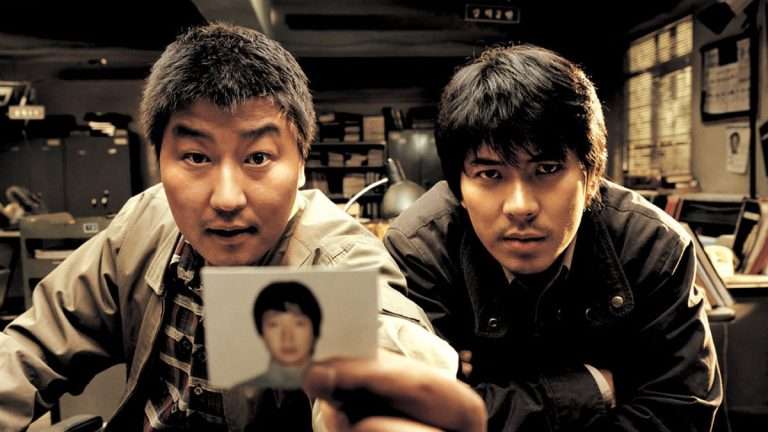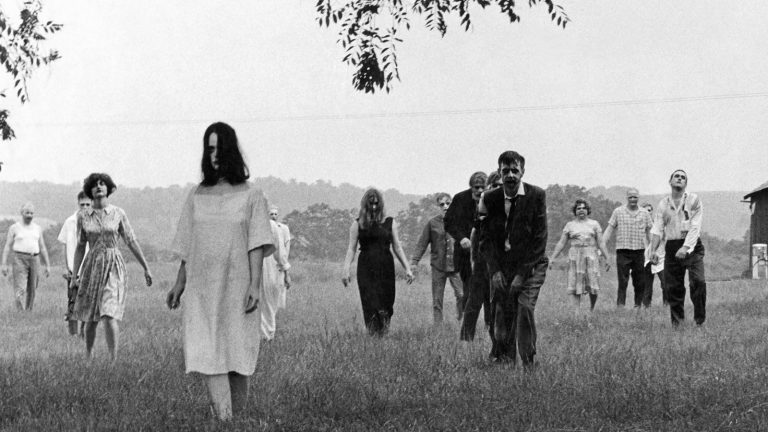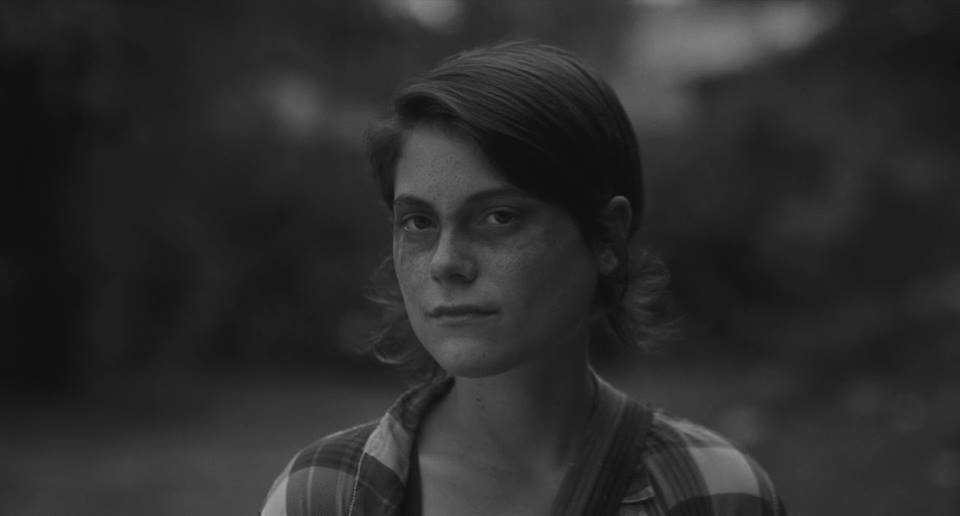Andrea Arnold stands out as one of the most remarkable female directors to emerge from England, with an indie legacy that is unmatched. Hailing from the tranquil town of Dartford in South-East England, her most intimate works often mirror the distress of her early life experiences. Born to teenage parents who later separated, she grew up in a council estate, immersing herself in the local chalk pits, fields, woods, and motorways. Her upbringing in a working-class family, raised by a single mother with four children, cultivated a profound empathy for life’s modesties and the inherent smallness of existence, which in turn heightened her appreciation for the expanse of literature and art— becoming a recurring theme in her filmography.
Her ability to capture the artistic essence of the working class is evidenced by her three-time win of the Cannes Film Festival‘s Jury Prize, an honor she shares with only one other such empathetic filmmaker from her country, Sir Ken Loach. Arnold was also honored with the OBE, a distinguished British chivalric order, recognizing her contributions and the acclaim she has garnered for her homeland, often through narratives centered on its women. The empathetic and unassuming qualities of Andrea Arnold’s directorial style are evident in her short films.
After completing her studies in directing at the AFI Conservatory in Los Angeles, she directed her debut short film, “Milk,” in 1998, which premiered at the International Critics’ Week at Cannes. The film’s depiction of perinatal grief is profoundly moving and intricate, drawing the viewer into the protagonist’s experience of numbness and denial following a miscarriage. The moral ambiguity is boldly presented, and casting Lynda Steadman in the lead role adds a poignant clarity to the story. In essence, the film explores a woman’s struggle with loss, challenging the constraints of wifehood and motherhood by embracing her womanhood, albeit briefly.
“Dog” (2001) is another example of Andrea Arnold’s ability to deeply move audiences without offering solace. Her masterful portrayal of women’s struggles and complexities, achieved without elaborate exposition, is a mark of her success. Despite the short film’s seemingly amateurish or rough development, its core message is powerful. It follows a day in the life of a spirited young girl who boldly engages in a relationship with a boy, only to realize his toxic nature. The film’s employment of the eponymous character and its distress is deeply affecting.
“Wasp” (2003) became the pinnacle of Arnold’s career, serving as a testament to her work, seemingly inspired by her own life with a mother too young to grasp the subtleties of motherhood. Arnold’s adept writing, direction, and character development shine through. She masterfully depicts the life of a streetwise mother and her four children, who discover joy, laughter, and love in the most unlikely places, far removed from the comfort of their homes. Yet, they are starkly devoid of life’s basic needs like food and money. The portrayal of extreme poverty is touching, avoiding exploitation or excessive pity, instead illuminating the family’s plight with great warmth.
Additionally, the love story emerges triumphantly at the end. What could have been a frightening moment of realization for Zoë turns into a gentle, bubbling, and forthcoming romance, offering not just satisfaction but also a significant departure from conventional storytelling in cinema. “Wasp” earned the Academy Award for Best Live-Action Short Film in 2004.
Without further ado, let’s rank her promising body of feature-film work. Since all of Andrea Arnold’s works are impressive enough, the bar can probably only range from the least engaging to the most. Or rather, a reflection on which films got her to push her boundaries the most:
6. Bird (2024)
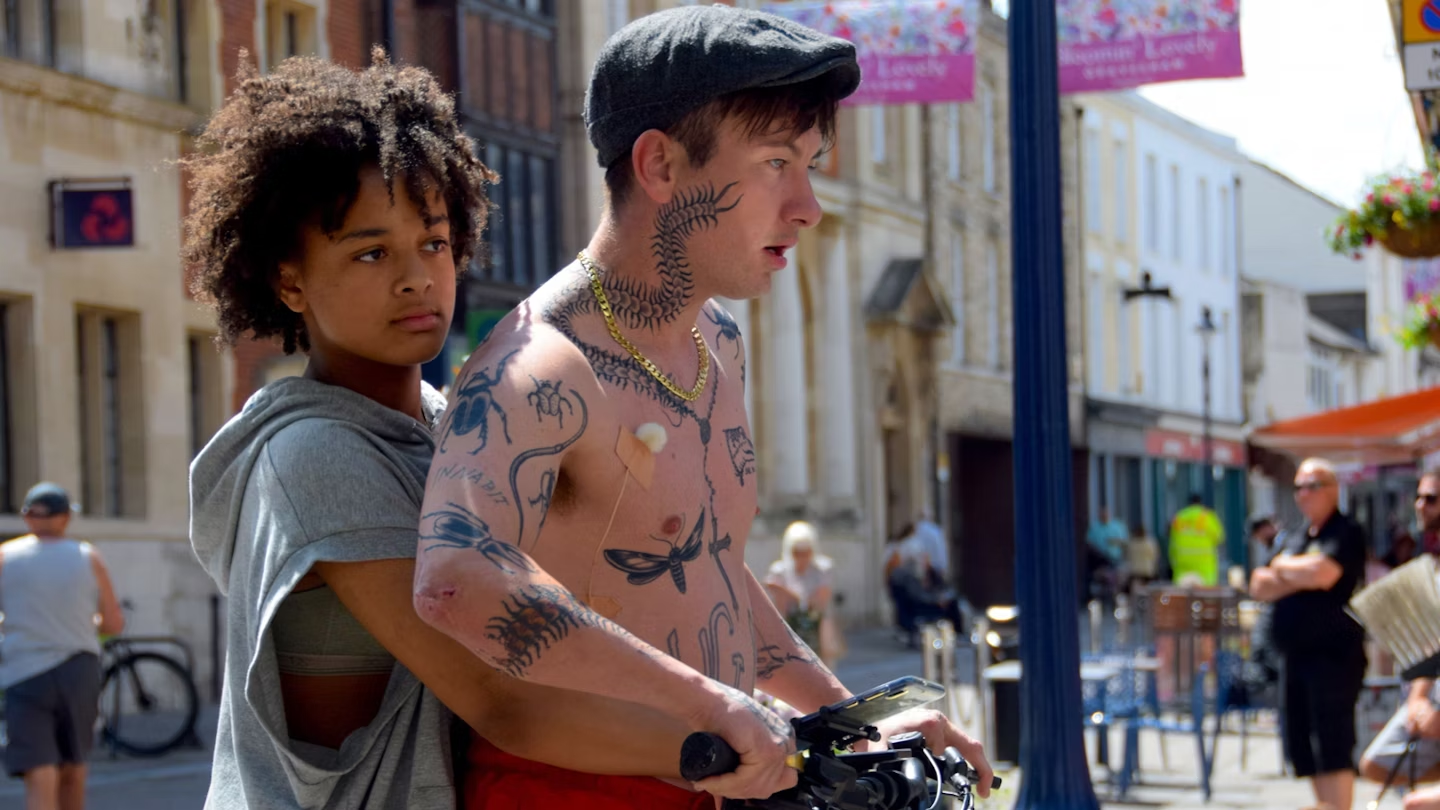
Andrea Arnold’s Bird is an exquisite blend of observational filmmaking and raw storytelling, balancing tenderness and starkness with masterful precision. Among its standout moments is a scene where a young teenage girl waves a letter intended for her sibling’s girlfriend, only for a crow to intercept it and drop it onto the recipient’s balcony. This fleeting yet profound act transforms into a magical, funny, and deeply moving scene, epitomizing Arnold’s ability to interknit the extraordinary into the mundane.
The film feels like a tender extension of that surreal, heart-stopping sensation when waking from a nightmare compels us to cling to the nearest comfort. It expands this fragile intimacy into a coming-of-age parable, centered on Bailey, a twelve-year-old navigating her conflicted emotions while living with her twenty-something father, who is on the cusp of marriage. Nykiya Adams delivers a luminous performance as Bailey, and Arnold’s unflinching inquiry into her mindscape ensures we see her empathy and feel the same for her.
While the film’s fantastical elements do falter—feeling more decorative than organic—they never fully undermine its emotional core. The rich exploration of vulnerability is elevated by Franz Rogowski, whose nuanced portrayal embodies the titular “bird” with a state of being that is breathtakingly humane. Rogowski’s supporting performance, one of the year’s finest, anchors the film’s more ambitious flights with unmatched precision, ensuring its moments of fragility and beauty linger long after the credits roll.
5. Red Road (2006)
Andrea Arnold’s first feature marks the beginning of the Advance Party concept, a trilogy with recurring characters. As a filmmaker who delved into the profound grief of losing a child in her initial short film, Arnold fittingly revisits similar emotional landscapes in her feature debut, albeit with more layers to reveal. “Red Road” is a taut, fast-paced thriller that delves into the self-imposed isolation of a CCTV operator and her quest for closure, culminating in a tense showdown with a man whose past actions devastated her life, although he remains unaware of her existence. These are the complex intricacies of life that intensify when played out on the urban canvas. Arnold’s choice to explore these themes without passing judgment is daring. The script’s sharpness keeps us engaged, while Kate Dickie’s compelling performance as the lead is enough to leave an indelible impression.
4. Cow (2021)
“Cow” is a standout piece in Andrea Arnold’s repertoire. It marks her first foray into documentary filmmaking, particularly through the complex and nuanced lens of cinéma-vérité. This film may be her most emotionally charged work, brimming with a raw sentimentality that could overshadow even the most unabashed melodramas. It skillfully captures the life of Luma, portraying her both as a mother and as an individual within the bovine community, showcasing how a compelling feminist narrative can emerge in the animal kingdom with the right viewpoint. Furthermore, it remains true to the core principle that connects Arnold’s body of work: the camera’s profound and limitless empathy, which maintains its independence while giving its subjects their due freedom. The intimate drama of its silent protagonist is captivating throughout, even if occasionally it leans slightly too heavily on stylistic elements.
3. Fish Tank (2009)
Andrea Arnold’s “Fish Tank” defies easy categorization. It’s too harsh and filled with the capricious demands of fate to be simply labeled a coming-of-age story, yet its embrace of the subjective nature of growing up is precisely what sets it apart. The film is a stark and brutal character study that only uncovers the tenderness in Mia’s life in its final act, a tenderness otherwise alien to the film’s tone. This stark contrast is what lends the film its powerful impact, laying bare the emotional depth that often emerges in the most challenging circumstances. The film benefits greatly from Katie Jarvis’s impeccable performance. As the teenage protagonist, she had to embody a range of complexity to portray Mia’s troubled background, a task she accomplished with the prowess of a seasoned professional. Too bad her appearances since then have been scarce.
2. Wuthering Heights (2011)
While I haven’t deeply explored Emily Brontë’s “Wuthering Heights'” beyond its basic premise and storyline, I recognize that its examination of the darker aspects of morality and its complex portrayal of forbidden love has captivated many influential artists over the years. Andrea Arnold’s film adaptation, which is largely faithful to the source material, has adeptly distilled the novel’s poetic pauses and visual elements, endowing the moorland saga with an air of mystique and offering a narrative through a distinctly masculine lens for a change. “Wuthering Heights” is a film of beautiful turmoil, with a narrative artfully communicated through minimalism. Robbie Ryan’s exceptional cinematography eloquently narrates, turning the romance between a pious Christian’s daughter and an African stowaway into a form of myth.
1. American Honey (2016)
Andrea Arnold’s finest film is a testament to her craft and empathy, transcending the confines of her familiar English working-class milieu to explore the nomadic, hip lifestyle of the American Midwest with considerable style and flair. She anchors her narrative in a coming-of-age tale that invites an empathetic reading and resonates with cues of freedom. The film quite literally revolves around its protagonist, a teenage salesgirl named Star, captured through handheld cameras, offering a masterclass in character study. “American Honey” effortlessly portrays a youthful rebellion, harnessing the vibrant dynamism of the seasons to full effect. The performances are grounded and naturalistic, making the film exceptionally entertaining and adept at locating humor and tension in all the right places. Despite its sharp and imaginative portrait of Americans chasing their own version of the American dream, it can also be watched as an adventure film.
